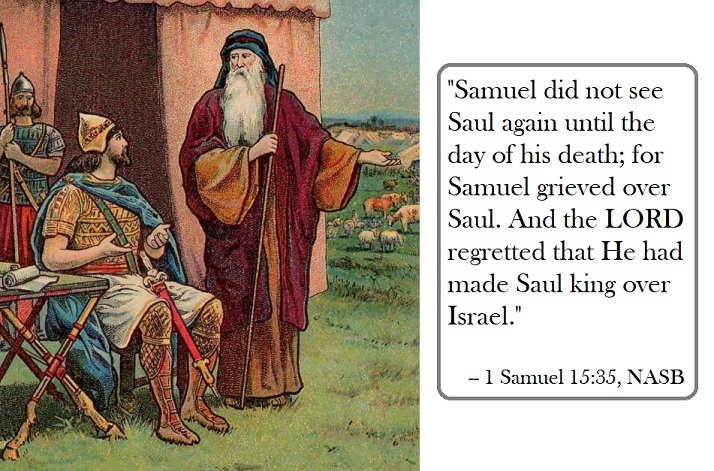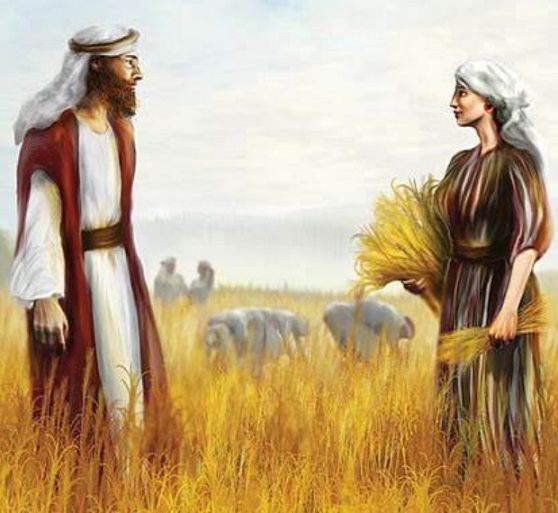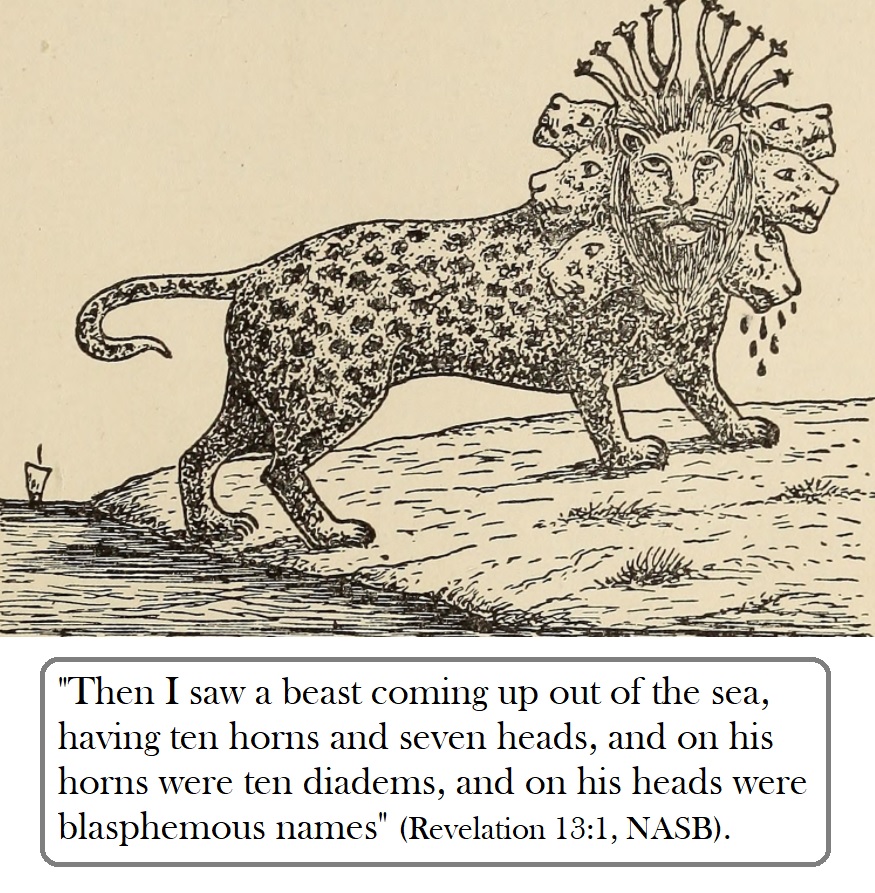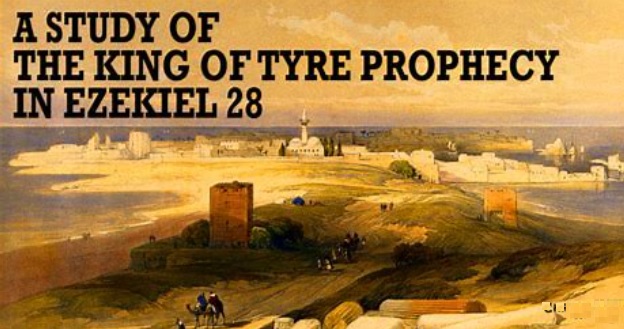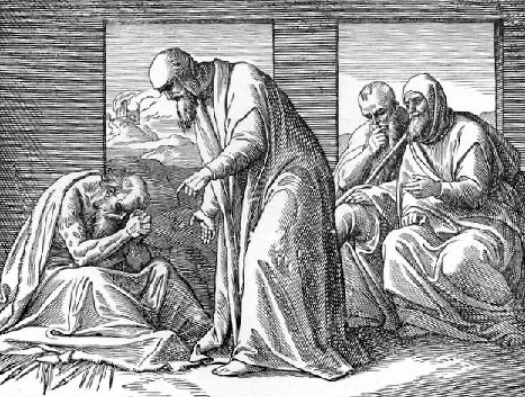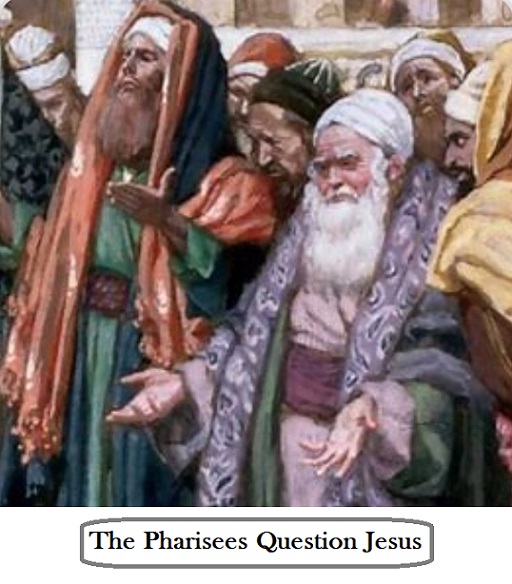“Go therefore and make disciples of all the nations…teaching them to observe all that I commanded you; and lo, I am with you always, even to the end of the age” (Matthew 28:19-20, NASB).
——————–
Contents:
1) Higher Ground (Michael Brooks)
2) The Creator Revealed by Creation (Frank Walton)
3) Attitudes in Bible Study (Frank Himmel)
4) Pressing On to the Goal (video sermon, Tom Edwards)
5) News & Notes
——————–

-1-
Higher Ground
Michael Brooks
“And seeing the multitudes, he went up on a mountain, and when he was seated his disciples came to him. Then he opened his mouth and taught them …” (Matthew 5:1-2).
We have a fascination with height. Mount Everest is the tallest mountain on earth, at over 29,000 feet in elevation. Millions travel just to look at it, and its allure as a trekking and climbing destination is legendary. Other peaks of far less altitude are also famous and prized as destinations. Most nations, states, and districts note their “highest points” and these are often featured as tourist destinations.
This fascination is not limited to geography. The tallest building, tallest man, and tallest animal are also items of note. Stories of giants, whether true (Goliath) or myth (the giant of Jack’s beanstalk) continue to provoke interest. We like the unusual, of course, but size, and especially height, seems to have a particular appeal.
It is easy to see that the Bible features mountains prominently. Examples include Ararat, where the Ark eventually landed (Genesis 8:4); Sinai where the Law was given to Moses (Exodus 19:20); Nebo, upon which Moses died (Deuteronomy 32:49); and the Mount of Transfiguration where Jesus’ authority was confirmed to the Apostles (Mark 9:2ff). Good things often happened upon mountains. God is often associated in special ways with the hills. The Psalmist proclaimed, “I will lift up my eyes to the hills — From whence comes my help? My help comes from the Lord who made heaven and earth” (Psalm 121:1-2).
Given this background, it is not surprising to read that Jesus went upon a mountain and there taught His disciples. We might well expect that. The geography of Palestine and the natural acoustical quality of such a setting also encourage its selection. But may we also infer a more spiritual application? Jesus taught from “higher ground” not only in the physical site of His sermon, but also in His moral, ethical, and theological perspectives. He was vastly superior to His contemporaries among the Jewish religious leaders in all these respects. His sincerity and truthfulness surpassed their hypocrisy. His love for the lost overshadowed their selfishness. His reverence for God made a mockery of their pride.
Genuine Christianity, when compared with any other religion or philosophy, is higher ground. It provides the greatest view of humanity, the only true revelation of God, and the single real hope that man can possess. As much as we love the scenery of Mount Everest, the engineering marvel of a huge sky-scraper, or the grace and power of a “7-footer” on the basketball court, the awesome heights of the Way of Christ are much greater. Jesus promised, “you shall know the truth, and the truth shall make you free” (John 8:32). His truth is incredibly beautiful. May we proclaim it and follow it always.
– Via The Susquehanna Sentinel, January 15, 2006
——————–

-2-
The Creator Revealed by Creation
Frank Walton
“For by Him all things were created, both in the heavens and on earth, visible and invisible, whether thrones or dominions or rulers or authorities — all things have been created through Him and for Him” (Col. 1:16).
Off the coast of British Columbia, the huge whales of the sea roam, which dwarf people. God’s power and intelligent design are revealed in nature.
I heard a scientist give a lecture in Whistler on the Black Bear. They hibernate up to 6 months, their heartbeat goes down to 5 beats per minute and take one breath per minute to conserve oxygen in the hollowed out tree they are sleeping for the winter. Their body has special proteins to help recycle water in their body during the months of hibernation. The ability to hibernate all winter could not have evolved gradually to survive months of freezing snow.
God’s beautiful design goes down even to the delicate complexity of the pollination of a flower. So, when we look at nature, we should see that a Great Mind and Power Hand are at work (Rom. 1:18-21).
“Worthy are You, our Lord and our God, to receive glory and honor and power; for You created all things, and because of Your will they existed, and were created” (Rev. 4:11).
— Via Search for Truth, Volume X, Number 5, September 2, 2018
——————–

-3-
Attitudes in Bible Study
Frank Himmel
The right motive is essential to profitable Bible study. We must desire to learn the truth that makes us free (John 8:31-32), to attain the wisdom that leads to salvation in Christ (2 Timothy 3:15).
The right motive is just one aspect of the right attitude in Bible study, however. Consider three other essential components.
Open Mind
Jesus said of some students in His day, “You will indeed hear but never understand, and you will indeed see but never perceive” (Matthew 13:14, ESV). Their problem was closed minds which made them unteachable. We must not be afraid to admit that we are ignorant or to learn that what we have thought is wrong. We must be willing to accept the truth, along with the changes it requires us to make.
Willingness to Work
Have you ever said about someone, “I wish I knew the Bible as well as he or she did”? Well, there was probably a time when that person said the same thing about someone else. Then, he started to work. The Bible contains 66 books, 1,189 chapters, over 31,000 verses, or about 800,000 words. Obviously, no one will master all that in a few sessions! It takes work — consistent effort over a long period of time. In fact, even the best Bible students are constantly learning throughout their lives.
The point is, you won’t get much out of Bible study if you don’t put much into it. A hit-and-miss approach yields little. (You can’t learn much about history or science or mathematics or anything else that way, either.) To thoroughly learn the Bible you have to invest some time and effort. The noble-minded Bereans “received the word with great eagerness, examining the Scriptures daily” (Acts 17:11). The blessed man meditates on what he reads (Psalm 1:2).
Expectation of Success
While learning the Bible might seem overwhelming at the beginning, when we break it down into segments and approach it in a systematic way, it is really not so difficult at all.
To be sure there are some challenging parts; the Bible says so (2 Peter 3:16). Nevertheless, it promises us that we can understand it (Ephesians 3:4). God commands us to know His will (Ephesians 5:17), and He does not require the impossible. You can learn! Why not get started today?
— Via The Beacon, September 6, 2020
——————–
-4-
Pressing On to the Goal
Tom Edwards
The above is also the title for the sermon that was preached March 21, 2021. To play the video of it, just click on the following link while on the Internet:
https://thomastedwards.com/wordpress/Pressing_On_032121.mp4
——————–
-5-
News & Notes
Folks to be praying for:
Shirley Davis will be having a procedure March 31, due to an irregular heartbeat. She also continues to have back pain that is constant, but worse when on her feet.
Gege Gornto recently fell and broke her wrist and ulna, which required surgery. She is now back home healing.
Jim Lively has been experiencing some chest pain, but recent tests (EKG, heart monitor, stress test, blood work) have not revealed anything serious. He will be seeing his neurologist tomorrow.
Jaydin Davis can also use our prayers. She has been having some episodes of fainting.
Also: Nell Teague, Malachi Dowling, Vivian Foster, Larry & Janice Hood, Ginger Ann Montero, Rex Hadley, A.J. & Pat Joyner, Deborah Medlock, Chris Williams, and Cameron Haney.
——————–
The Steps That Lead to Eternal Salvation
1) Hear the gospel — for that is how faith comes (Rom. 10:17; John 20:30-31).
2) Believe in the deity of Jesus Christ (John 8:24; John 3:18).
3) Repent of sins. For every accountable person has sinned (Romans 3:23; Romans 3:10), which causes one to be spiritually dead (Ephesians 2:1) and separated from God (Isaiah 59:1-2; Romans 6:23). Therefore, repentance of sin is necessary (Luke 13:5; Acts 17:30). For whether the sin seems great or small, there will still be the same penalty for either (Matt. 12:36-37; 2 Cor. 5:10) — and even for a lie (Rev. 21:8).
4) Confess faith in Christ (Rom. 10:9-10; Acts 8:36-38).
5) Be baptized in water for the remission of sins (Mark 16:16; Acts 2:38; 22:16; 1 Pet. 3:21). This is the final step that puts one into Christ (Gal. 3:26-27). For from that baptism, one is then raised as a new creature (2 Cor. 5:17), having all sins forgiven and beginning a new life as a Christian (Rom. 6:3-4). For the one being baptized does so “through faith in the working of God” (Col. 2:12). In other words, believing that God will keep His word and forgive after one submits to these necessary steps. And now as a Christian, we then need to…
6) Continue in the faith by living for the Lord; for, if not, salvation can be lost (Matt. 24:13; Heb. 10:36-39; Rev. 2:10; 2 Pet. 2:20-22).
——————–
Tebeau Street
CHURCH OF CHRIST
1402 Tebeau Street, Waycross, GA 31501
We are currently meeting for only our Sunday 10 a.m. worship service each week, due to the coronavirus situation.
evangelist/editor: Tom Edwards (912) 281-9917
Tom@ThomasTEdwards.com
https://thomastedwards.com/go/all.htm/ (older version of the Gospel Observer website, but with bulletins going back to March 4, 1990)
